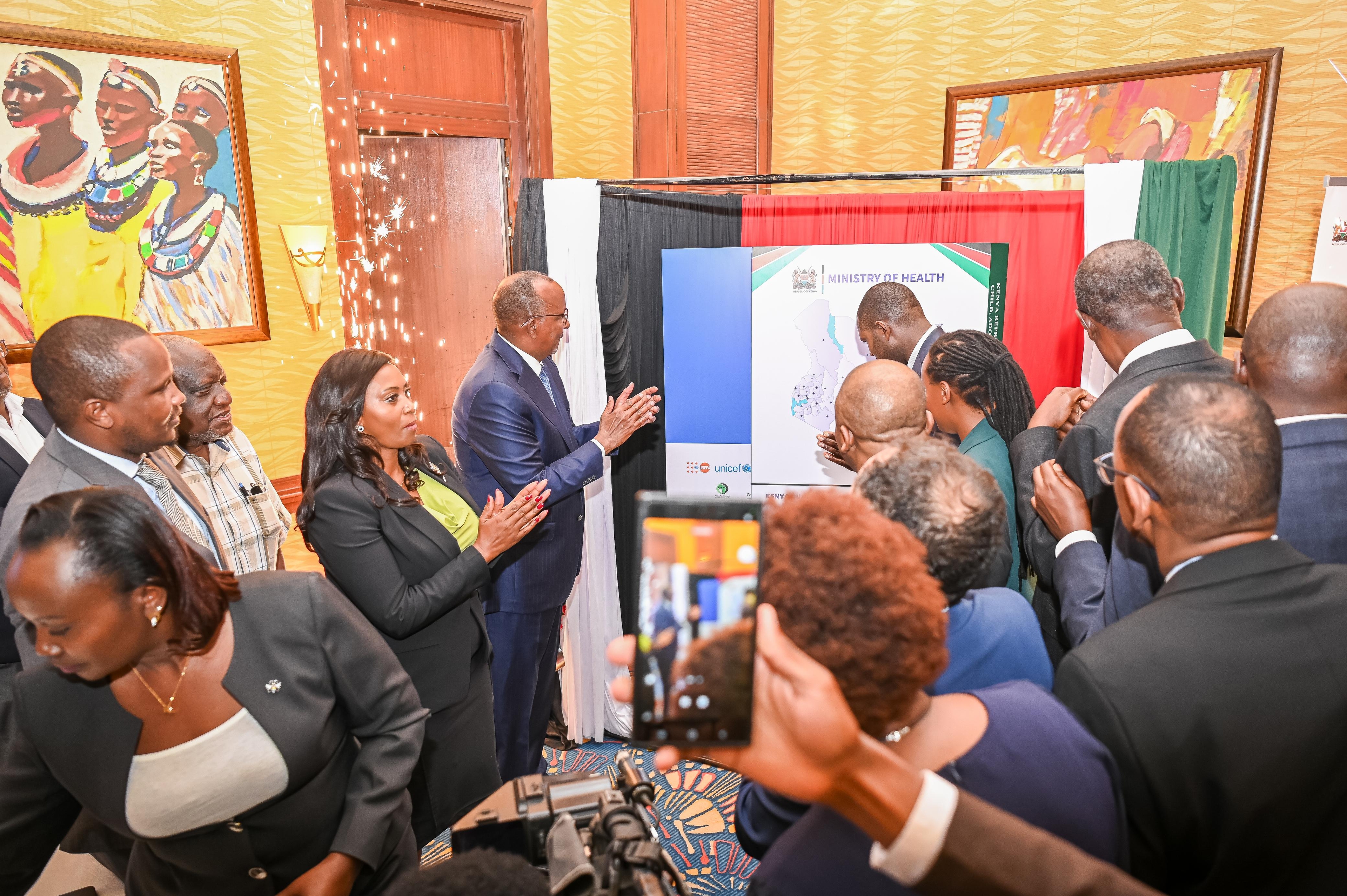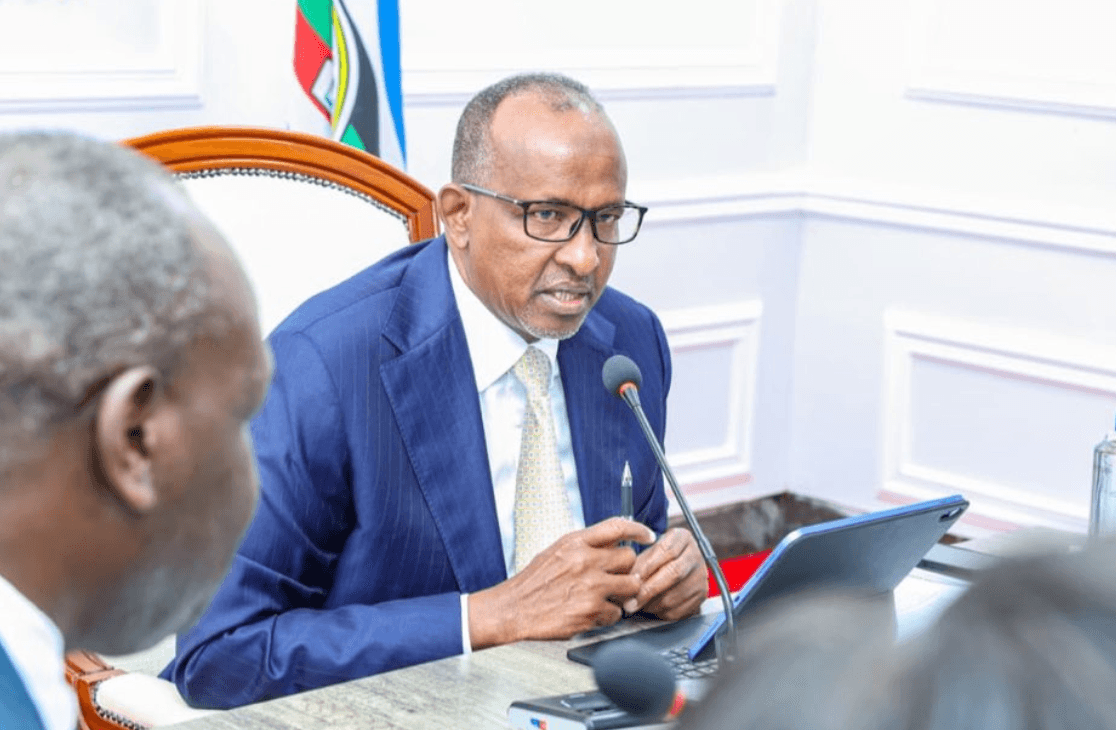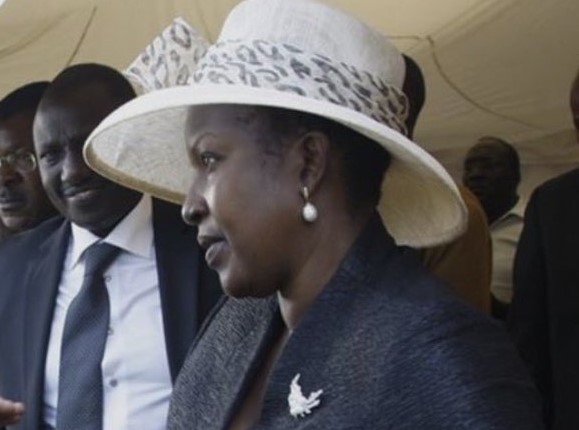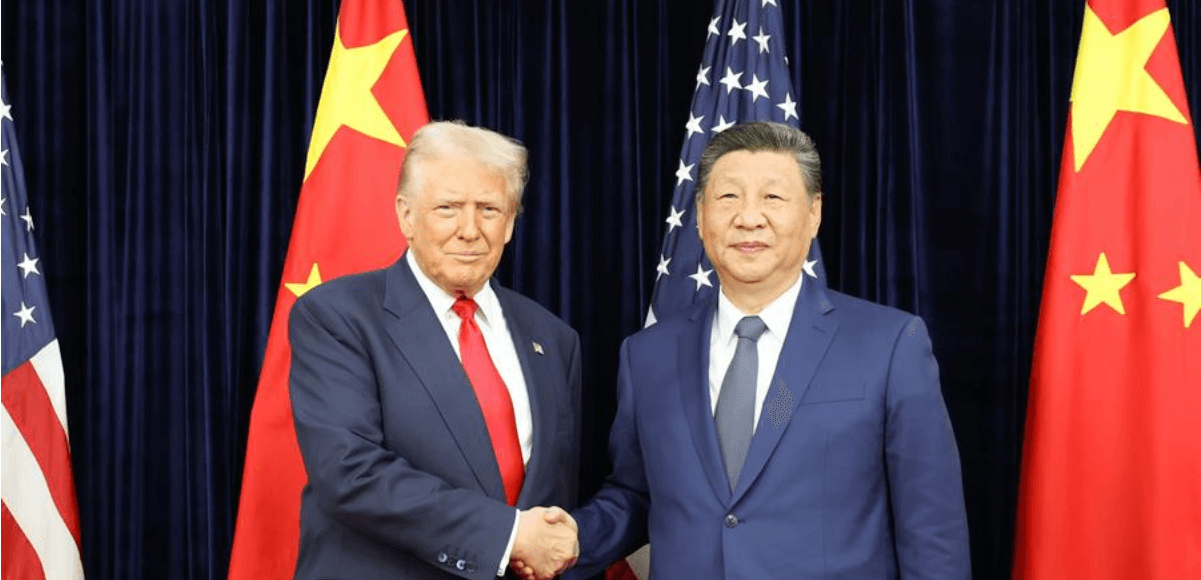
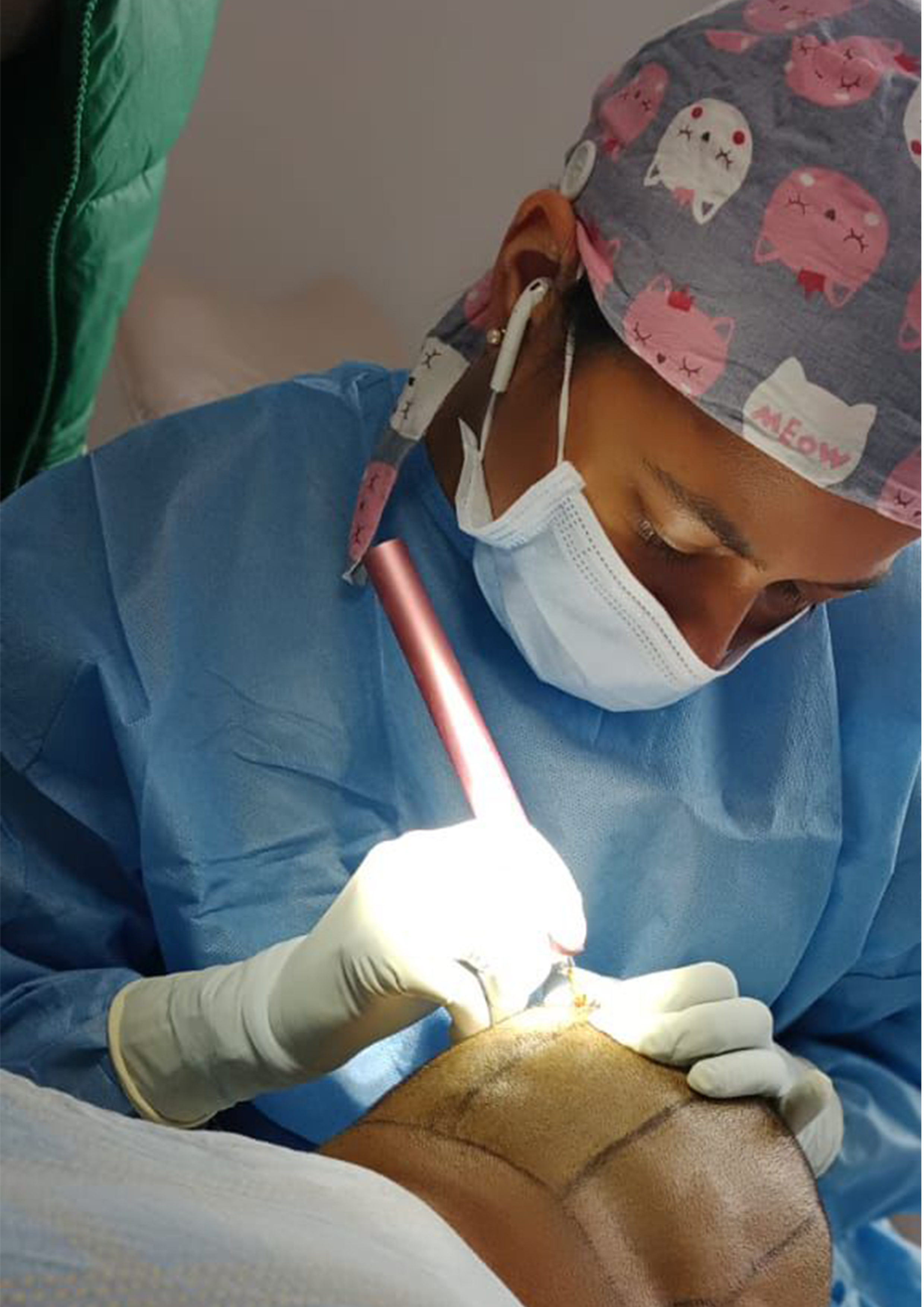
A quiet revolution is taking root in the medical landscape world over and so is in Kenya, one that could redefine how diseases are treated and how patients heal.
It is called regenerative medicine, and according to leading medical
experts, it could become the most transformative advancement in African
healthcare in decades.
Unlike conventional treatments that merely manage symptoms, regenerative medicine seeks to restore or replace damaged cells, tissues, and organs by harnessing the body’s natural ability to heal itself.
The approach blends the power of stem cells, growth factors, and peptides to repair what was once considered irreparable.
According to Dr Ashne Malde, a regenerative medicine specialist at Regenera Pharma & Tia Clinics Muthaiga, this new frontier represents the future of medicine.
“Regenerative medicine means healing diseases from the core,” she says.
“For years, medicine has focused on managing illnesses, but now, we can use the body’s own biology to regenerate tissue, restore organ function, and revive damaged systems. That’s real healing.”
Dr Malde explains that regenerative therapies tap into the body’s remarkable ability to self-repair — an ability that, with scientific support, can be enhanced.
“The body is an incredible machine,” she says.
“It has the potential to heal itself completely
when given the right support — through regenerative therapy, nutrition,
mindset, and balanced lifestyle.”
She emphasises that regeneration isn’t just about physical restoration; it’s also about vitality, energy, and prevention — ensuring that the body remains youthful, strong, and resilient.
In Kenya, regenerative medicine is still relatively new but already gaining ground in areas such as pain management, orthopedic recovery, skin rejuvenation, and wound healing.
“We are helping patients with joint problems, chronic pain, and tissue damage recover without relying solely on painkillers or surgery,” Dr Malde explains.
“By using
peptides, plasma, and regenerative factors, we can repair muscles, ligaments,
and cartilage — reducing pain and restoring movement naturally.”
Her clinic has also applied regenerative techniques in hair restoration, skin repair, and post-surgical recovery, offering patients a chance to heal faster and more completely.
“We are no longer treating just the symptom — we are addressing the root cause,” she says. “If your knees hurt, we don’t just numb the pain. We regenerate the tissue that’s worn out.”
Having spent years working in the aesthetic field, Dr Malde’s approach to regenerative medicine goes beyond the surface. She has seen firsthand how external beauty often reflects internal wellness.
“True beauty starts from within,” she explains.
“When your body functions optimally — when your hormones, cells, and tissues are healthy — it shows in your skin, your energy, and your confidence. Regenerative medicine restores that balance.”
While many associate her work with aesthetics, Dr Malde emphasises that her philosophy focuses on health before appearance. Her practice combines regenerative medicine with functional medicine and lifestyle therapy, addressing nutrition, hormones, and cellular health.
“This is not about Botox or fillers,” she says.
“It’s about making your body work efficiently — improving your immunity, mental clarity, and energy levels. You don’t just look younger; you feel younger.”
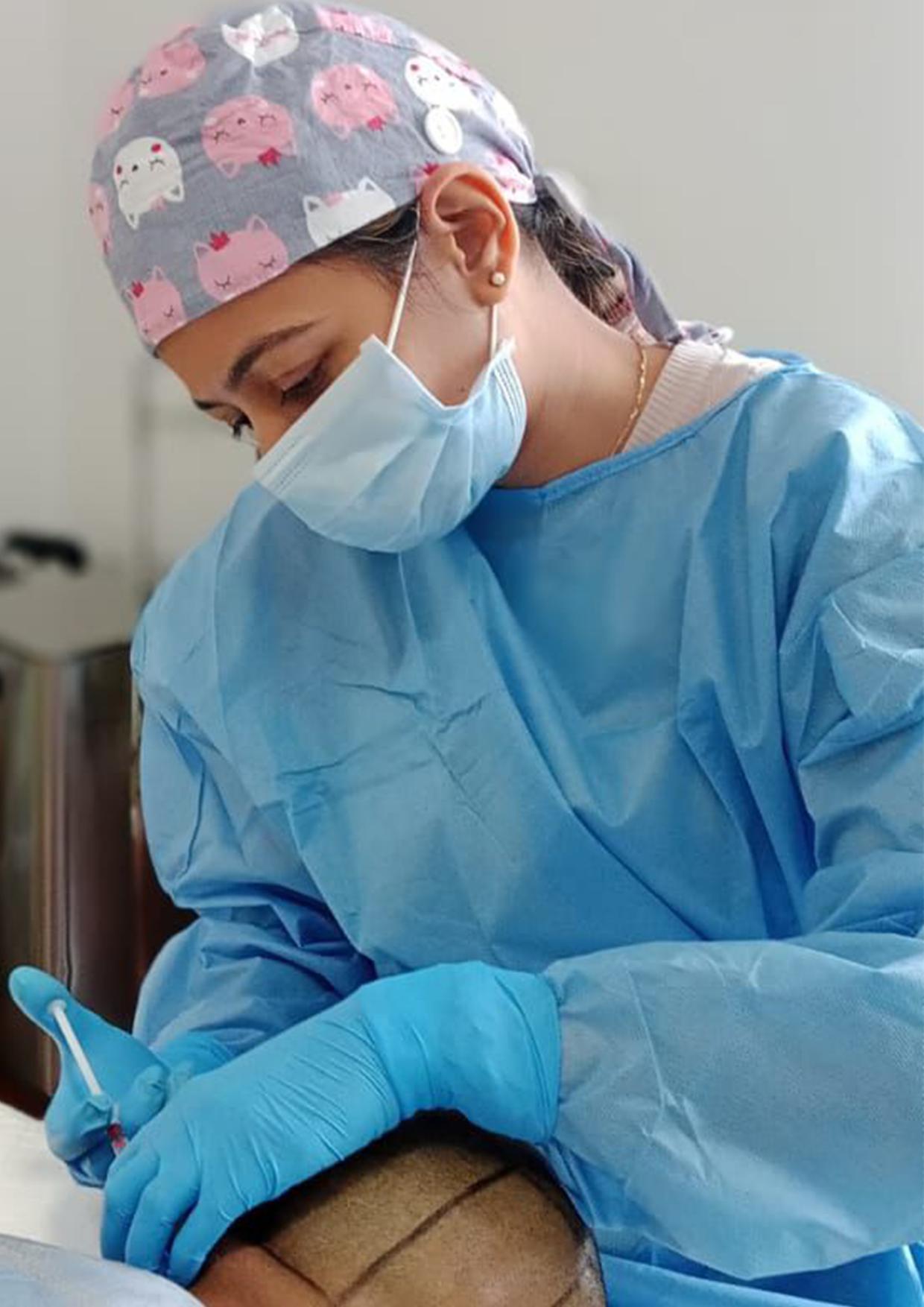
Regenerative medicine relies on cellular therapy — the use of biological materials from the patient’s own body to trigger repair. This includes stem cells, platelet-rich plasma (PRP), and bioactive peptides.
When introduced into damaged tissue, these biological elements stimulate the body’s healing response.
For example, PRP — made by concentrating platelets from the patient’s blood — can accelerate recovery in injuries and cosmetic treatments. Peptides, on the other hand, regulate cellular communication, metabolism, and immune response.
“The science is simple yet profound,” Dr Malde says.
“We’re using what’s already inside the body to heal the body. Nature has already given us the tools — we just need to activate them.”
Globally, regenerative medicine has been used to regenerate heart tissue after cardiac arrest, rebuild cartilage in joints, restore nerve function, and heal diabetic wounds.
Experts say these breakthroughs could dramatically reduce the burden of chronic disease in Africa.
Africa continues to face a rising tide of non-communicable diseases — from diabetes and arthritis to cardiovascular and kidney conditions.
Traditional healthcare systems remain heavily focused on treatment, not restoration.
Dr Malde believes regenerative medicine offers the continent a chance to leapfrog traditional barriers and adopt a more sustainable model of care.
“In Africa, we often spend billions sending patients abroad for specialized treatments,” she says.
“If we invest in regenerative medicine locally, we’ll not only save that money — we’ll save lives. We have the patients and the talent; what we need now is the infrastructure.”
She calls for collaboration between government, research institutions, and private clinics to build the regulatory and training framework required to support the field.
“Kenya can lead East Africa in regenerative research,” she says.
“But we need policies that encourage innovation, regulate practice, and make treatments accessible to everyone.”
For Dr Malde, the future of healthcare lies in integration — blending modern science with lifestyle medicine, mental wellness, and preventive care.
“The body and mind are connected,” she notes. “Your thoughts, stress levels, and lifestyle all affect how your body heals. Regenerative medicine inspire a new way of thinking, one where medicine is not just about surviving illness, but thriving in health.
It also gives us a bridge, a way to merge science, biology, and holistic wellbeing.”
“Every patient who heals naturally reminds us that the body is intelligent,” she concludes.
“Regenerative medicine gives that intelligence a voice. It’s time Africa embraced this new kind of healing one that restores hope, dignity, and life itself.”


